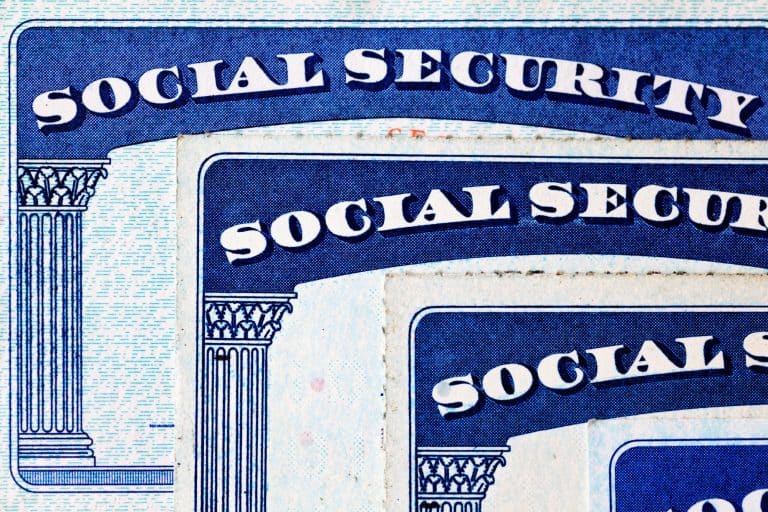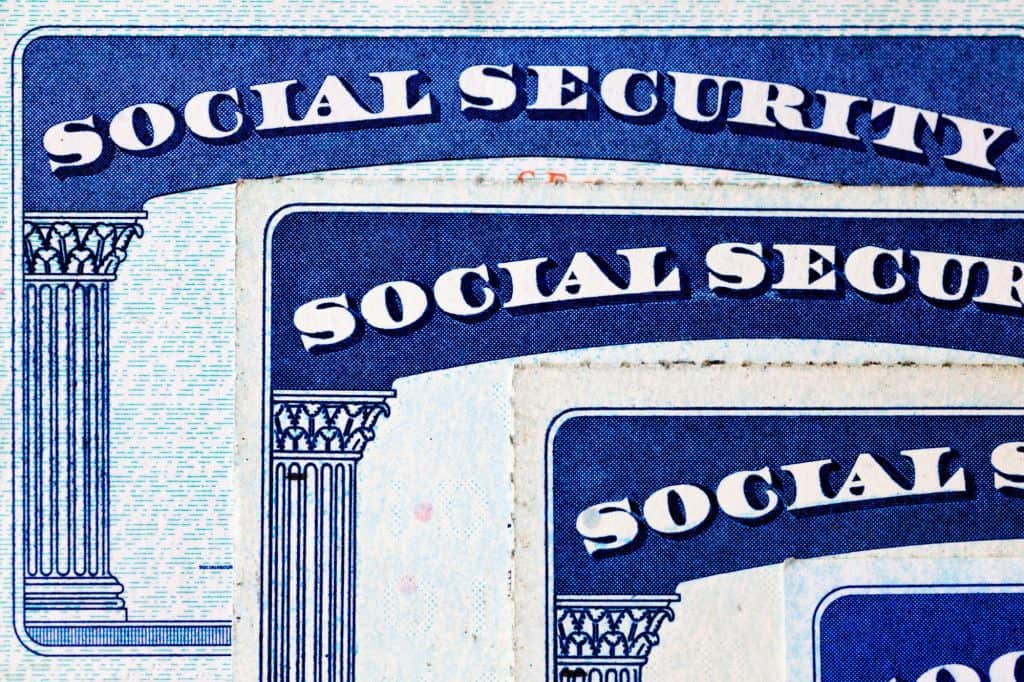

Key Points
- If you claim Social Security early, working could reduce your benefits.
- How much your checks will be reduced depends on your income.
- Regardless of how much of your benefits are withheld, you can earn that money back.
It’s becoming more and more challenging to save for retirement, and many older Americans plan to continue working during their senior years. In fact, 72% of workers expect to work for pay after they retire, according to a 2021 survey from the Employee Benefit Research Institute.
While working during retirement can be a smart way to boost your income and decrease your reliance on your savings, it could also affect your Social Security benefits. Depending on how much you’re earning, continuing to work after you’ve claimed benefits could result in reduced checks — or even your benefits being withheld altogether.
If you plan to work even part-time after you retire, here’s what you need to know about how it will impact your Social Security checks.
How your earnings could affect your benefits
The age at which you file for Social Security will affect not only the size of your checks, but also whether your earnings will result in smaller payments. You can begin claiming benefits at age 62 or anytime thereafter.
But if you claim before your full retirement age (FRA) — which is age 67 for anyone born in 1960 or later, and either 66 or 66 and a few months for those born before 1960 — you’ll receive less money per month. In addition, if you claim Social Security early, your checks could be reduced if your income from your job exceeds a certain limit.
If you won’t reach your FRA in 2022, your checks will be reduced by $1 for every $2 you earn over $19,560 per year. If you earn less than that from working, your checks won’t be reduced.
If you will reach your FRA in 2022, your earnings are subject to a different limit. During the months leading up to the date you reach your FRA, your benefits will be reduced by $1 for every $3 you earn over $51,960 per year.
For example, say you’re currently age 62 with an FRA of 67 years old and you’re earning $30,000 per year by working. That’s $10,440 over the $19,560 limit, which means your checks will be reduced by $5,220 per year, or $435 per month.
How to earn that money back
If your Social Security benefits are going to be withheld due to your income, it may seem like a better idea to avoid working or limit your earnings to keep more of your checks. However, even if your checks are reduced, that money isn’t gone forever. Once you reach your FRA, the Social Security Administration will recalculate your benefit amount to account for any benefits that were withheld due to your income.
In addition, your income from your job will be subject to Social Security taxes, which means it could affect the amount you’re entitled to receive in benefits. Depending on how much you’re earning, you could increase your benefit amount even further by continuing to work.
Keep in mind, too, that once you reach your FRA, your wages will no longer affect your benefits — regardless of how much you’re earning.
Working during retirement can be a wise strategy, but be sure you’ve considered how it could impact your Social Security benefits. By accounting for any potential benefit reductions, you can head into retirement as prepared as possible.